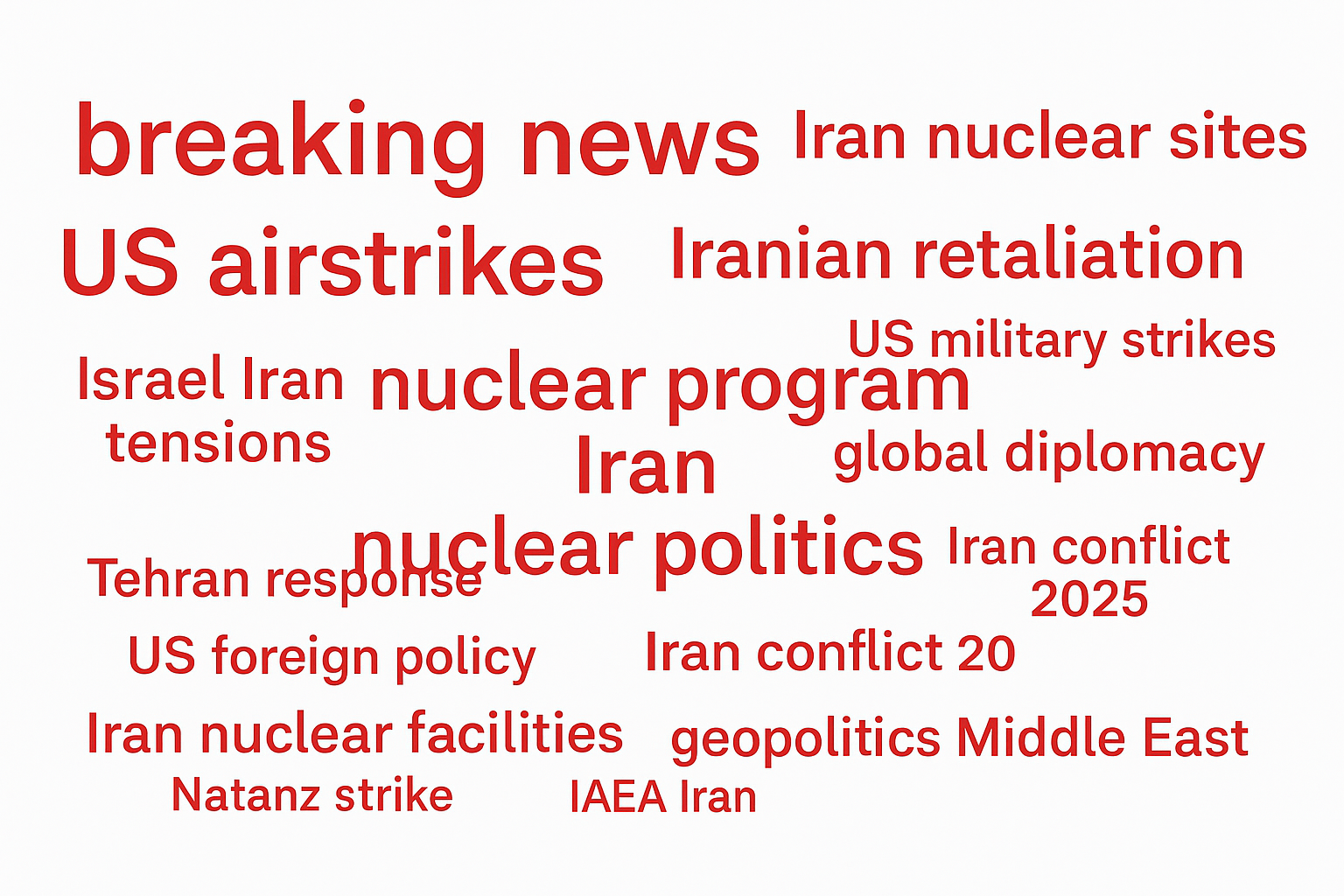Ending Parole for 500,000 Migrants Creates New Headaches for Employers

The Biden administration’s action to close humanitarian parole for an estimated 500,000 migrants has set serious alarms ringing in a large part of the United States’ core sectors. The employers who have utilized this critical temporary immigration relief program to maintain and fill essential labor gaps are now facing unprecedented and daunting issues. The consequences of this unprecedented action are profound and far-reaching, particularly in core sectors like agriculture, construction, hospitality, elder care, and food service. As the parole statuses expire with no clearly defined and established route to permanence, employers must rethink their recruitment strategies, address potential compliance issues, and prepare for what promises to be a calamitous labor crisis.
What is Humanitarian Parole and Why Employers Depended on It
Humanitarian parole has, throughout its existence, been a useful bridging mechanism that grants migrants entry into the United States for humanitarian reasons of an emergency nature or for reasons of a great public interest. The last two years have seen the Biden administration utilize the useful tool strategically to grant entry for nationals of many countries, such as Cuba, Haiti, Nicaragua, and Venezuela, among many others. The action not only provided individuals with temporary protection but also created the opportunity for them to apply for work authorization, thus having some means of sustaining themselves while in the country.
For companies, these migrants soon proved to be precious human capital resources, particularly for lower-wage job categories that are notoriously difficult to recruit. The employment of humanitarian parole brought ready access to approved workers, effectively solving the immediate requirements posed by tight labor markets and the needful pressures of the recovery process from the pandemic.
Impact by Industry: Zeroing In on Who’s Been Hit the Hardest
American agriculture is one of the most susceptible. Remote locations, long hours, and seasonal work make it hard to find American employees. Farmers have increasingly relied on migrant parolees to do planting, harvesting, and processing work. Without parole, these employers will experience catastrophic disruption of food production, higher prices, and possible shortages.
Hospitality and Service Industries
Hotels, restaurants, and chain establishments have also lost employees since 2021. Parolees filled thousands of vacant positions in America. Losing them will most likely lead to shorter hours, slower service, and overwhelmed employees. Seasonal tourist businesses, primarily in Florida, California, and New York, expect personnel shortages that can lead to closure or cancellations.
Construction and Skilled Trades
In the building industry, parolees have been a significant contributor to alleviating an acute and pervasive shortage of labor that has been affecting labor-intensive projects nationwide. The sudden loss of these workers will certainly cause projects to be delayed, which will further increase the overall cost of the projects and decelerate the speed of construction of new housing projects, thus further aggravating the already acute shortage of housing being felt in the major metropolitan regions.
Legal and Compliance Risks for Employers
When parole terminates, the validity of Employment Authorization Documents, or EADs, will also expire for most immigrants who currently depend on them. Employers who fail to monitor expiration dates or try to hold on to employees who lack valid immigration status can be harshly sanctioned. These sanctions can incur heavy monetary fines and the risk of being charged criminally for what they have done.
Challenges Linked with I-9 and E-Verify Processes
Human resources organizations will need to re-audit for Form I-9 compliance to verify that all workers remain lawfully authorized to work. Renewal of EADs, extension, or new changes will be required for parolees to prevent non-compliance. The risk of mass I-9 reverification initiatives is an element of administrative burden and operational risk.
State-Level Responses and Business Lobbying
States with identified populations of large immigrants, like Texas, California, and Florida, now have serious concerns about the likely economic impact that can be realized. Local authorities in these states are increasingly concerned about the possible increased rate of unemployment and the likely cost pressure that may be imposed on the public services if the migrants are unable to work and therefore cannot economically fend for themselves.
Chambers of Commerce Push Back National and state commerce committees are jointly urging the federal government to intervene through the establishment of a sound and viable route to permanent residency for employees or, alternatively, granting extensions of parole. Lobbyists are pointing to the critical reality that the removal of the half-million authorized employees from the labor market would significantly undermine economic growth, particularly at a moment when labor participation rates remain below pre-pandemic levels experienced prior to the pandemic.
Options and Strategies for Adaptation That Can Be Adopted by Employers
Contemporary firms are increasingly searching for the potential of temporary foreign worker programs, including the H-2B program for non-agricultural workers and the H-2A program for agricultural workers. It must be mentioned, however, that these programs have a history of being notoriously bureaucratic in nature and are often capped by strict quotas that make them less attractive. Additionally, they have a great deal of lead time prior to commencement of employment. Hence, employers may find these programs to be less desirable compared to the more efficient parole pipeline.
Outsourcing and Automation
Some companies are turning towards automation technology or offshoring tasks where possible. These options are, however, expensively priced and can only be applied to specific tasks, and therefore some frontline positions remain vacant.
Hiring Domestic Staff
In theory, businesses could shift focus to recruiting American workers. But higher wages, benefit demands, and a lack of interest in physically demanding roles mean this strategy comes with higher costs and lower retention.
Policy Outlook: A Synthesized Analysis of Future Immigration and Labour Trends
There is mounting pressure being put on Congress to move boldly and enact comprehensive immigration reform. This reform, in addition to bringing to an end the complicated and frequently dangerous limbo status of those who are termed parolees, must also substantially increase the number of employment-based visas granted. And as we move forward into the next election cycle, as well as into a legislature that is very polarized along party lines, the likelihood of any type of quick action on this vital issue appears very low.
Legal Battles and Court Fights
The advocacy groups will be filing legal action in the form of lawsuits that will challenge the recent move in eliminating parole on humane grounds and due process violation claims. If successful, the resulting injunctions could momentarily stall deportations and permit continued authorization to work for the subjects. Employers are presently operating in a state of legal uncertainty, as they are compelled to do so without ultimate determination of the effect these changes will have.
Conclusion: A Growing and Escalating Crisis for Employers Nationwide in the United States
Terminating the parole of 500,000 immigrants is more than a change in immigration policy; it is a possible ticking time bomb with very deep implications for the US labor market. Several sectors already running under tremendous stress will now have to deal with talent shortages, compliance risks, and high costs that may worsen their problems. It is therefore important that employers move quickly to review their workforce strategies, remain closely aligned with legal developments likely to impact their operations, and get ahead of major policy reforms that can prevent these looming problems. The takeaway of this pipeline review is a clear message to all employers: it is time to get ready for possible interruptions to your workforce, and there is a need to build resilience into your labor plans and approaches in the future.

 English
English 





















